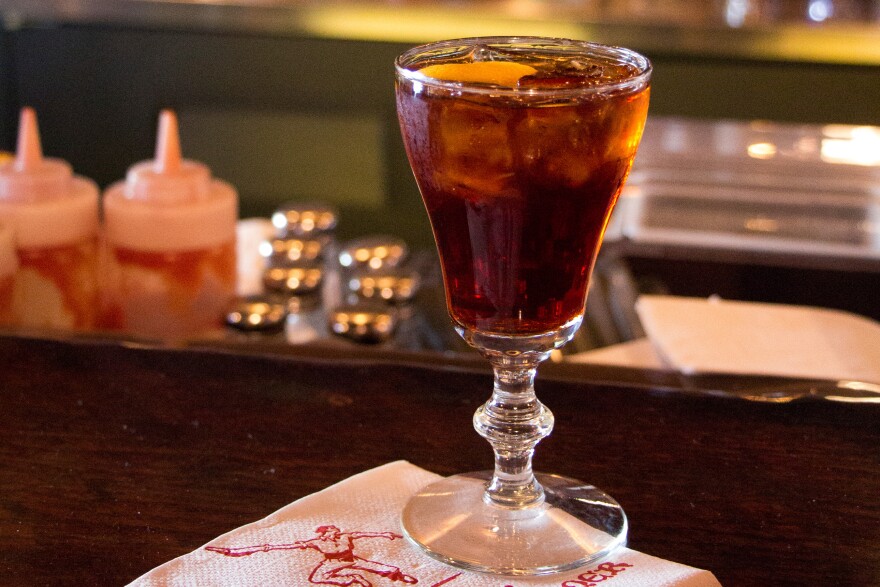Last spring, the Nevada Legislature named Picon Punch, a Basque American cocktail, the official drink of the Silver State. Visitors to Nevada’s largest city — and many locals, for that matter — who are aware of this news, as well as the state’s history, might expect to find an authentic Basque restaurant here, but none exist.
While some Spanish restaurants have dishes inspired by Basque cuisine, not one dining establishment is dedicated to it. This is confusing since our food scene offers many worldwide cuisines. But there are reasons.
“Even though Reno and Las Vegas are within the boundaries of the same state, we are super culturally different and super climatically different,” says Vegas-based culinary historian and author Sarah Lohman (her latest is Endangered Eating: America’s Vanishing Food).
Basques originally came to the state to herd sheep in northern Nevada, Lohman explains. That area has been known as the center of Basque culture. Lohman cites Southern Nevada’s unsuitable sheep-raising weather as a major reason Basques didn’t establish their culture here. “There are really just a handful of these restaurants left,” she says. “We’re talking about an immigration that’s a little over 100 years old. So, we don’t have any connection back to those original immigrants. The spaces that still exist in northern Nevada and in Idaho are connected to those older generations.”
Among the few influences of Basque culture here is the Lagun Onak Basque Club. “Before I got here, there were no Basque people at all,” says Javier Yarza, a founding member.
Yarza is originally from the town of Beasain in Spain’s Basque Country. He came here in January 1974 to play jai alai, a traditional Basque sport, at the old MGM (now Bally’s). After that, he worked as a card dealer for many years.
“Now there are only about 10 of us that are here out of 40 or 50 players,” Yarza says.
When the jai alai fronton closed in the early 1980s, most of the players returned to Basque Country. Meanwhile, Yarza became friends with a fellow Nevada Basque, Jose Mari Beristain.
Yarza says Beristain had the idea of uniting the Basques who remained. The pair founded the Lagun Onak Basque Club in 1980 (the name means “good friends” in the Basque language). Beristain served as its president until he died in 2021.
“It’s nothing like Reno or Elko,” Yarza says. “Our community here is very small. That’s why you don’t see a Basque restaurant …”
The only time he remembers Vegas having a Basque restaurant was in the 1990s, when, he says, a former jai alai player opened one near the Strip. “He was an excellent cook,” Yarza recalls. “But the restaurant only lasted a year or two.”
Yarza says the club’s meetings usually start with Basque chorizo sandwiches and baby back ribs cooked on a grill or barbecue. A paella is served next, packed with seafood — calamari rings, scallops, onions, mussels, clams, plenty of shrimp. The meal concludes with cake and coffee.
Yarza says he and others all hope a Basque restaurant will open in the valley one day.
“I think people learned who we were after all those Basque festivals,” Yarza says. “When we first came here, no one knew who we were or where we were from. I think people these days have more knowledge about the Basque people because of what we did.”









